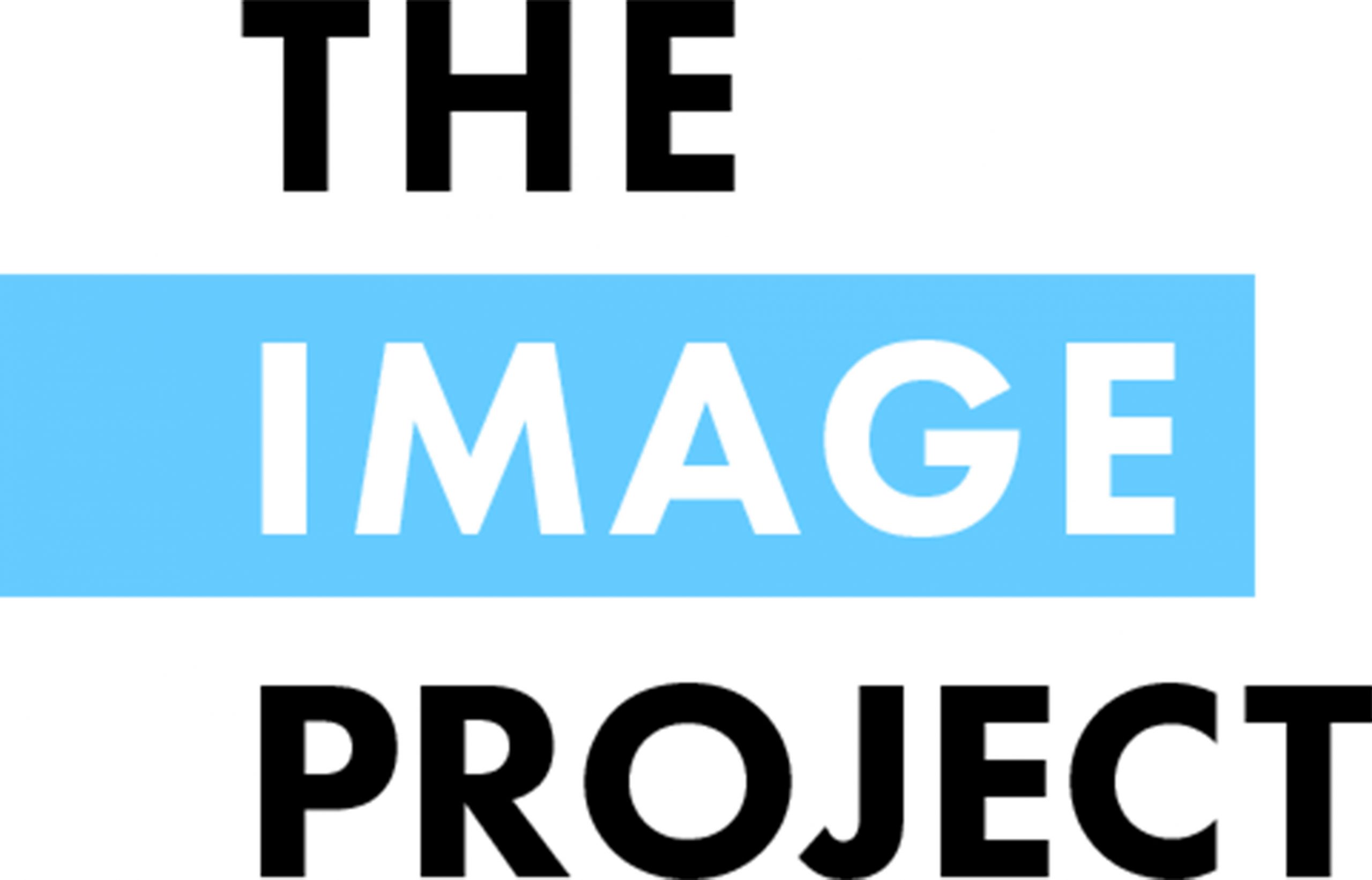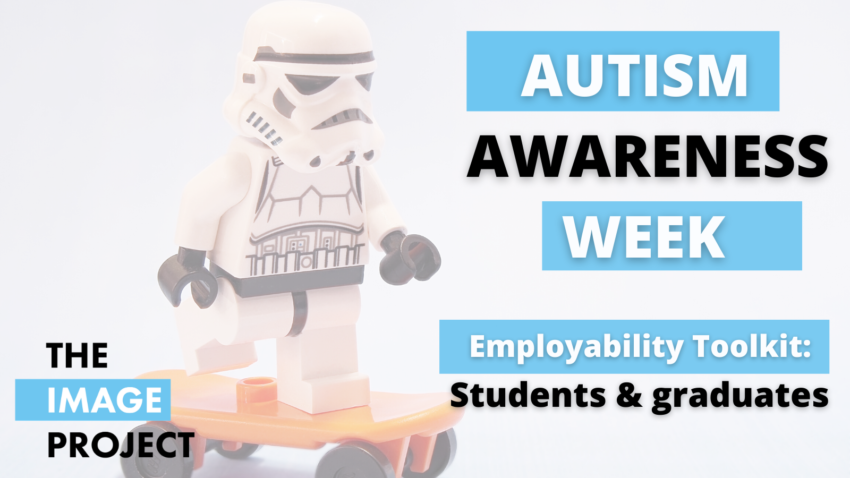Today is World Autism Day and we’re celebrating it with a sneak preview of the IMAGE Employability Toolkit, one of the key outputs from our project.
What is the toolkit?
The Employability Toolkit is an online resource that helps autistic students and graduates better understand their career goals, develop employability skills and advocate effectively for themselves. Available on desktop, tablet and mobile devices, it will equip students with the skills and confidence required to secure employment, a work placement or internship.
The toolkit will cover topics such as interview procedures, autism disclosure, identifying personal strengths and weaknesses, dealing with unfamiliar places and situations, workplace conventions, strategies for teamwork, helpful reasonable adjustments, developing self-advocacy, and more.
In addition it will include “Tools” (no big surprise) to create CV templates, strengths profiles, career plans, personal employability profiles and more.
How is it built?
The employability toolit is based on a previous resource, the Autism&Uni toolkit. Topics and challenges related to finding a job will be introduced with frequent references to our research, quotes from autistic people and and survey findings. Quotes can really help relate to situations and the experiences of others. Often there will be a clear call to action:
What can YOU do right now to start a change in yourself or others?
This is supported with practical tips, reflective activities and additional links and resources. It’s all very hands on and tangible.
Become part of our design team!
We’re still right in the middle of creating the toolkit, and nothing is set in stone yet. We’ve adopted a participatory design approach where autistic people are co-designers of the toolkit. If you are an autistic student or recent graduate, you can get involved too. Visit our get involved page for more details or contact the lead researcher Rachael Maun directly at r.maun@leedsbeckett.ac.uk. Rachael is currently running one-to-one workshops looking specifically at content and design ideas.
Where and when can I get it?
The toolkit will be freely available in five languages (English, Finnish, Dutch, German and French) from early 2022, directly from the IMAGE project website. We are currently prototyping the toolkit’s features and functionality, evaluating it at selected universities in the second half of 2021.
So where’s the sneak preview?
Ok, we’ve been talking about the toolkit quite a bit now. It’s time to show you what will be in it. Here is an extract from one of the info articles:
How to identify your strengths and skills
A strength is a task or an action that you can do well. Strengths can include knowledge, skills and talents. Understanding your strengths and skills is an important part of taking control of your career. Knowing your strengths can help you make career choices that enable you to succeed and enjoy your career. Your strengths are:
- Something you do well and enjoy doing
- Something that people will often praise you for
- Unique to you and personal to you
A skill is a learned ability to do something, you might pick skills up through study, work or activities, for example playing a musical instrument. Skills are often classified into three areas;
- Transferable, these are skills that can be taken to different work places such as being organised.
- Personal skills are characteristics linked to how you perform the work, such as being patient.
- Knowledge based skills are those that are gained through education or training such as accounting or project management skills.
How could knowing my strengths and skills affect me?
In most recruitment processes employers will want to understand your strengths and skills and during the application process, the interview or in an assessment centre they will be looking for examples of your skills and strengths. Knowing your own strengths gives you a better understanding of how you function. It also helps you explain to others what you enjoy working on. By being aware of your strengths you can narrow down specific jobs based on what you are good at. Skills are things you learn, you may pick these up through work, study or activities you do in your spare time. If you are able to recognise them and talk about your skills it will be easier to work out what career you would like to do.
Understand your own strengths and skills,
then learn how to talk about them confidently
In order to recognise your strengths and skills you have to spend time collecting information about when and how you succeed. There are many different ways to learn about your strengths, and it is important to understand these from different viewpoints. Use these steps below for a guide to identifying your strengths:
(in the toolkit we will expand on each of these)
- Listen to feedback
- Identify your interests
- Understand when you are most productive
- Ask others directly
- Take skills or strength-based questionnaires (we will provide these in the toolkit)
- Seek out new experiences
- Look at job descriptions
Here are a few more useful tips:
- Ask lots of people for feedback and this way you can gather information about yourself and see the patterns that emerge.
- Don’t be too quick to disregard feedback given, remember others will see your skills differently to how you might see yourself.
- By trying new activities, hobbies or even volunteering you can discover what you like and don’t like which helps understand your strengths.
- Often your university will have careers centres that can help you identify your skills, make contact and see if they can help you.
- Make a plan of how you will gather your information on your skills and strengths.

